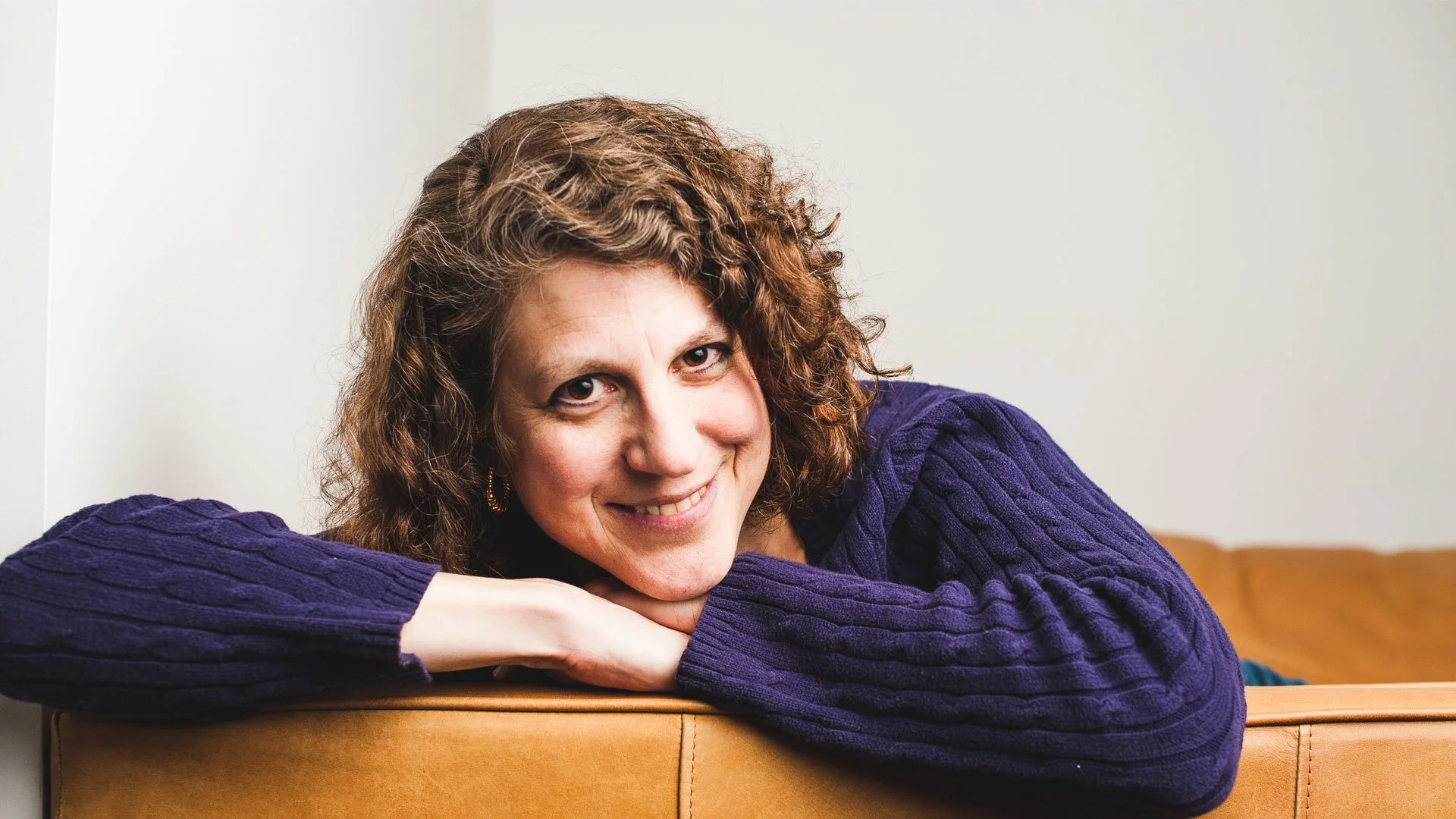Emily Callaghan never expected to spend another summer on Wenniway Island. Yet here she is, back in her quaint northern Michigan hometown of Trillium Bay, divorced, flat broke, and dragging along her precocious twelve-year-old. It’s a simple arrangement: Emily, a house flipper, will renovate one of her grandmother’s rental properties in exchange for a much-needed loan. Once a wild child, the reformed Emily also hopes to remodel her reputation and show her family she’s all grown up.
But coming home is never simple. Emily’s dad is more distant than ever. Her younger sister is dating a much older man, and Emily’s worried it’s a mistake. The cottage remodel grows increasingly daunting. And then there’s handsome out-of-towner Ryan Taggert…
Ryan has his own family drama. A smart, ambitious land developer, he’s come to Wenniway to rescue his father from the grips of a new girlfriend and protect their family business. But he’s quickly distracted by gorgeous, witty Emily Callaghan.
There’s no denying the attraction between Emily and Ryan. But will their conflicting interests destroy any chance at love? Or will Emily finally get the chance to rebuild her life—and repair her heart?
Exclusive Excerpt
He turned his head to look at her, trying to think of ways to plead his case. Some way to dazzle and beguile her and make her glad that it was him she was here with. Something witty and persuasive, but she turned at precisely the same moment he did, with invitation in her eyes, and all he could come up with was, “Damn, I really want to kiss you.”
Her hesitation was a mere fraction of a second. “Me too,” she whispered.
It was all he needed to hear, and in an instant she was in his arms. He kissed her, hard, with no prelude, no artful negotiations or seductive machinations. Just hungry kisses that sent his mind spinning and his body following. She kissed him back with equal enthusiasm, with one hand on his chest and the other wrapped tightly around the back of his neck, pulling him closer. Her mouth was sweet, as sweet as he’d imagined, with lips so soft he could have fallen over the edge of that lighthouse and thought the sensation was just from her touch.
But then the hand against his chest pushed instead of pulled, the hand behind his head let go, and she leaned away with a breathless gasp.
“Um . . .” She pressed her lips together, as if to capture the kiss. “Um, yeah, I wanted to kiss you, too. Obviously.” Her short laugh was self-conscious now. “But you live in Sacramento.”
“What’s wrong with Sacramento?” Why was she talking about Sacramento?
“Nothing, it’s just that I live in San Antonio, and they’re really far apart. And your father is screwing my sister.” Her eyes met his, big and uncertain. “Sorry. That sounded really crass, but it’s also the truth. It just seems to make everything else a little more complicated, you know?”
Yes, he knew. He just didn’t care. No enough to stop kissing her. “Those are just details. We can talk about that stuff later.”
That hand on his chest stayed put. “I like you, Ryan. I really do, but the last time I got kissed at the top of this stupid lighthouse, I totally lost my head and made some really bad decisions. I shouldn’t have brought you up here.”
He didn’t like the sound of regret in her voice. “I’m glad you brought me up here, and I’m not trying to sway you to do anything you don’t want to do. I just really want to kiss you.”
“Oh, swaying me would not be much of a challenge at the moment. I would very much like to continue on with this little escapade, but the timing is bad, and the obstacles are big, and I have a lot going on in my life right now that needs . . . fixing. I can’t get distracted from that. As much as I would like to be distracted.”
Now, see? This was where men and women differed. If he wanted to be distracted from his troubles, Emily Chambers would be the first person on this island he’d call. In fact, she’d be the only person he’d call. She might even be the person he called when he wasn’t on this island. But women liked to have everything organized and labeled before the enjoyable and entertaining distractions began. That never did make sense to him, but it wasn’t the first time he’d heard it.
He leaned back against the ledge and window again, keeping one arm around her waist. “What needs fixing? Stuff with Chloe’s dad? Or your dad?”
“No, nothing like that. It’s not personal stuff so much as it is professional stuff. I need this island renovation to go well. Like I really need it go to well, and . . .” She hesitated, as if weighing her words and deciding if she could trust him or not. “Can you keep a secret?”
“I can say without reservation that I keep secrets better than any person on this island.”
That scored him a weak smile from Emily. “I have a flip house back in San Antonio that my business partner is trying to sell, and the place has been a nightmare since the moment we got the keys. Because of all the problems we had with it, well, I ended up a little overextended. Financially speaking. I borrowed some money from Gigi, and that’s why I’m renovating her cottage for her. Sort of my down payment on the money I owe her.” She looked relieved to have told him, but added, “But no one knows. Just me and Gigi, so please don’t tell anyone. Don’t tell your dad because he might tell my sister, and then she’ll tell everyone else. And see? That’s why we can’t kiss each other. Because if I keep kissing you, I’ll keep telling you secrets and then you’ll tell me secrets and then we’ll both be keeping secrets from our families and it will all get too confusing.”
“We don’t have to tell secrets. We don’t have to talk at all. We could just, you know, kiss . . . and stuff.”
That earned him a roll of her eyes. He thought his solution was pretty practical, but she wasn’t going for it. He stood up and pulled her with him, his hands resting loosely on her hips as she faced him. “Emily, is it possible you might be overthinking this just a little bit?”
It took a moment for her to meet his eyes, and the faintest tilt of a smile crossed over her lips.
“Maybe. Probably. But until I know for sure, there should be no more kissing.” She sounded very prim, like a teacher telling him to shush. He felt duly reprimanded but not at all as if he’d learned his lesson.
“Just one more?” he said, holding up his thumb and index finger to indicate tiny. Oh so small. “Just one more little one? I don’t think that was my best work, and what if this is the only time we ever kiss? Then you’ll go on for the rest of your life thinking that’s the best I can do. I don’t think my ego can take that.”
He sure as hell hoped this wouldn’t be the only time they ever kissed. In fact, he was going to make damn sure of it, and then some. But for the moment, this angle was going to work for him. He could see her indecision. He leaned closer, his lips nearly touching hers. Her eyes fluttered shut as he whispered against her mouth, “Just one more.”
Buy on Amazon | Barnes and Noble
About the Author





























